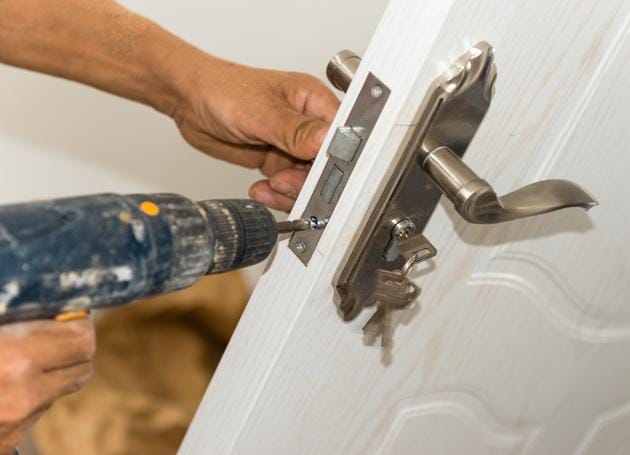It’s not about streamlining, it is about freedom of the Press
The finance ministry’s paternalistic curbs on PIB-accredited journalists must be revoked
If you aren’t a journalist, you may find it tough to understand why there is so much anger in the media over a new finance ministry directive that requires even accredited reporters to have confirmed appointments before they can enter the building. The government insists that this is a mere streamlining of procedure, but press bodies have called it an attempt to gag the media. Others have presented it as an example of the entitlement of journalists who are claiming special privileges for themselves.

The move, which could easily extend to other ministries, must be revoked.
It is at best, paternalistic about the reporting process, and at worst, one more attempt to restrict access to information by an administration that has made no secret about the disdain it feels for much of the mainstream media.The fact that the decision has come right on the heels of an annual budget - the precise period when reporters need to be pounding the pavement and meeting their sources - makes the decision even more problematic.
If these restrictions are aped by other ministers, it will defeat the purpose of accreditation or of obtaining what are called Press Information Bureau (PIB) credentials. It is important to understand that the process to get a PIB card is a long and elaborate one, which requires a “security clearance” at the highest level. No reporter is cleared for this unless she has been vetted by the home ministry and the police. The very idea of the credential is to allow you unrestricted entry to most government establishments (except certain classified, off-bound areas). If appointments have to be sought before a PIB journalist can even enter a government office, what is the purpose of the accreditation to begin with?
The other critical thing to understand is how terrified bureaucrats have become about meeting journalists. In this, they take their cue from the top. Prime Minister Narendra Modi and home minister Amit Shah do interact with journalists but are known to have strong likes and dislikes. Many officials, who would have interacted freely at a different time, now constantly look over their shoulders. The general consensus in the political establishment is that it is better to be safe than sorry; in other words the path of least resistance is in avoiding journalists altogether.
In these circumstances, insisting on a pre-fixed appointment as a condition for a reporter’s entry simply means a written register would record every meeting between an official and a reporter. If this isn’t Orwellian, what is? And why would any bureaucrat take the risk - especially for meeting a reporter who may be working on a less than flattering story on the government?
This move is similar to the curtailment of reporters on Air India One when the prime minister travels abroad. When the Modi government took the decision in its first term, it was widely celebrated by BJP supporters as one more nail in the so-called Lutyens’ coffin. Once again, others, who saw it as media entitlement, questioned why reporters should get a free seat on the plane (by the way, reporters paid for hotel, food and all other expenses). Well, if that was the driving reason, journalists could have been asked to pay market rates for the air passage and still be allowed to travel with the PM’s delegation. Allowing a free exchange of ideas and conversation between the top echelons of the government and media is not just healthy and essential for a democracy; it would probably allow the government to more forcefully present its view on background, especially when it comes to sensitive foreign policy issues.
Take a moment to remember how the American media stood as one when the White House temporarily took away the credentials of CNN reporter Jim Acosta. Even networks ideologically affiliated to the Trump regime, like Fox News, protested. Denying a reporter the opportunity to meet her sources, under the radar if necessary, or casually over a cup of coffee, is to upend the very idea of what a beat reporter does.
More importantly, an accreditation card is a great equaliser. It means every journalist, even those x or y party may dislike, has access to the same officials and the opportunity to report the same story. Once that process is allowed to become selective, it is intimidatory of those who are more critical. Access and appointments will start being permitted on the basis of who likes whom and who flatters the government the most.
And, in any case, why would such a powerful government spend so much energy on which reporter is meeting whom? If the media is increasingly irrelevant - as so many politicians insist today - it should matter even less, shouldn’t it?
This is not about journalists having a tantrum. This is about press freedom.
Now it’s up to us to speak as one.
Barkha Dutt is an award-winning journalist and author
The views expressed are personal






